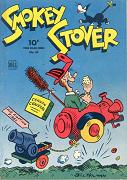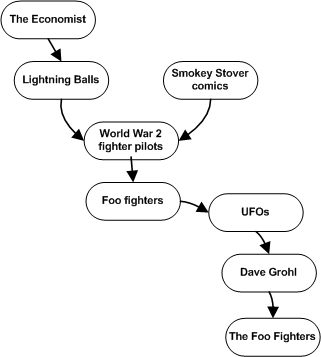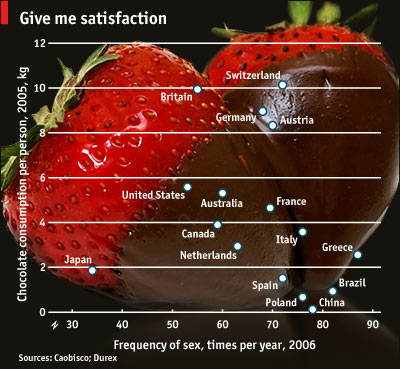Bob Mugabe is a bad guy. He has really brought Zimbabwe to it’s knees and almost anything or anyone would be better than him. And it is starting to look like Zim may soon be rid of him, but how much do we know about the new guy, Morgan Tsvangirai?
That is a question asked in a recent Economist article. Nobody really knows what he will do, but The Economist does have some information on his plans:
- He plans to focus on saving the economy. Stop printing money (to slow inflation), scrap price and foreign exchange controls and bring back market forces
- Farms confiscated from white farmers by Mugabe’s cronies will not all be given back, but farmers will supposedly be reasonably compensated. It’s not entirely clear what will happen on this crucial issue
- The MDC want to amend or replace the constitution in order to limit presidential powers
He would undoubtedly be an improvement on Mugabe, but would Tsvangirai be a good president? The Economist also lists a few worrying points:
- Tsvangirai does also have an autocratic bent. In 2005 he flouted a decision by his party and did his own thing causing a split in the party
- He has also been criticized for ignoring violence within the ranks of the MDC
We don’t know what Tsvangirai will be like – but it seems certain he will be an improvement on Bob
 I recently read an unusual
I recently read an unusual 
 Wikipedia has a detailed
Wikipedia has a detailed  So when the pilots repeatedly saw the erratically moving balls of fire they became known as foo fighters. Because lightning balls (foo fighters) were/are largely unexplained a lot of people think that they are UFOs (rubbish). Someone who is fascinated by UFOs is Dave Grohl who therefore chose the name for his band the Foo Fighters.
So when the pilots repeatedly saw the erratically moving balls of fire they became known as foo fighters. Because lightning balls (foo fighters) were/are largely unexplained a lot of people think that they are UFOs (rubbish). Someone who is fascinated by UFOs is Dave Grohl who therefore chose the name for his band the Foo Fighters.
 The Economist recently published an
The Economist recently published an  Arthur C. Clarke was a very well known science fiction writer who died on March 18 at 90 years old. The Economist always has superb obituary articles (probably my favorite section of the magazine) and this week the
Arthur C. Clarke was a very well known science fiction writer who died on March 18 at 90 years old. The Economist always has superb obituary articles (probably my favorite section of the magazine) and this week the 
 The (hopefully former) head of police in South Africa is a crook. As the Economist
The (hopefully former) head of police in South Africa is a crook. As the Economist 
 The Economist has some interesting articles on ANC leadership election happening this weekend (
The Economist has some interesting articles on ANC leadership election happening this weekend (